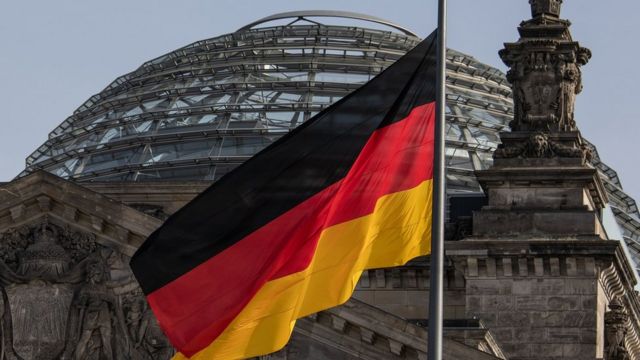
-
Published: 31 May 2022

After EU leaders agreed to impose a partial ban on Russian oil imports to their countries in the context of the sixth package of sanctions on Russia, and the Russian-Ukrainian war and sanctions imposed by the West on Moscow, inflation in the eurozone's largest economies reached a nearly 50-year high in May.
This is the result of rising energy and food prices since the beginning of the year with the beginning of Ukraine's crisis, which is expected to rise further, which will then lead to higher inflation rates already high in the countries of the European Union.
According to the German Federal Statistical Office, consumer prices designed to be comparable to inflation data from other EU countries have increased at an annual rate of 8.7%.
The Centre added that the last time inflation was similarly high in Germany was during the winter of 1973-1974 when mineral oil prices rose as a result of the first oil crisis.
Germany's inflation of nearly 9 percent, forecast by analysts and economists, represents a record rise for the second consecutive month, after April's rise of 7.8 percent, the largest in 4 decades.
According to the Federal Statistics Office, energy prices rose 38.3% in May compared to the same month last year, while food prices also rose at an above-average rate of 11.1%.
German stocks led the decline in European stock markets on Tuesday, after a larger-than-expected rise in inflation in Germany, the euro zone's largest economy, raised fears of tight action from central banks.
